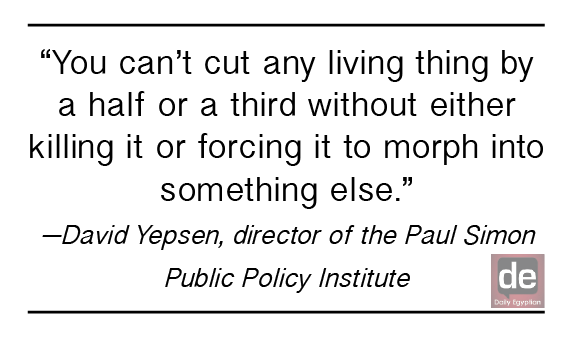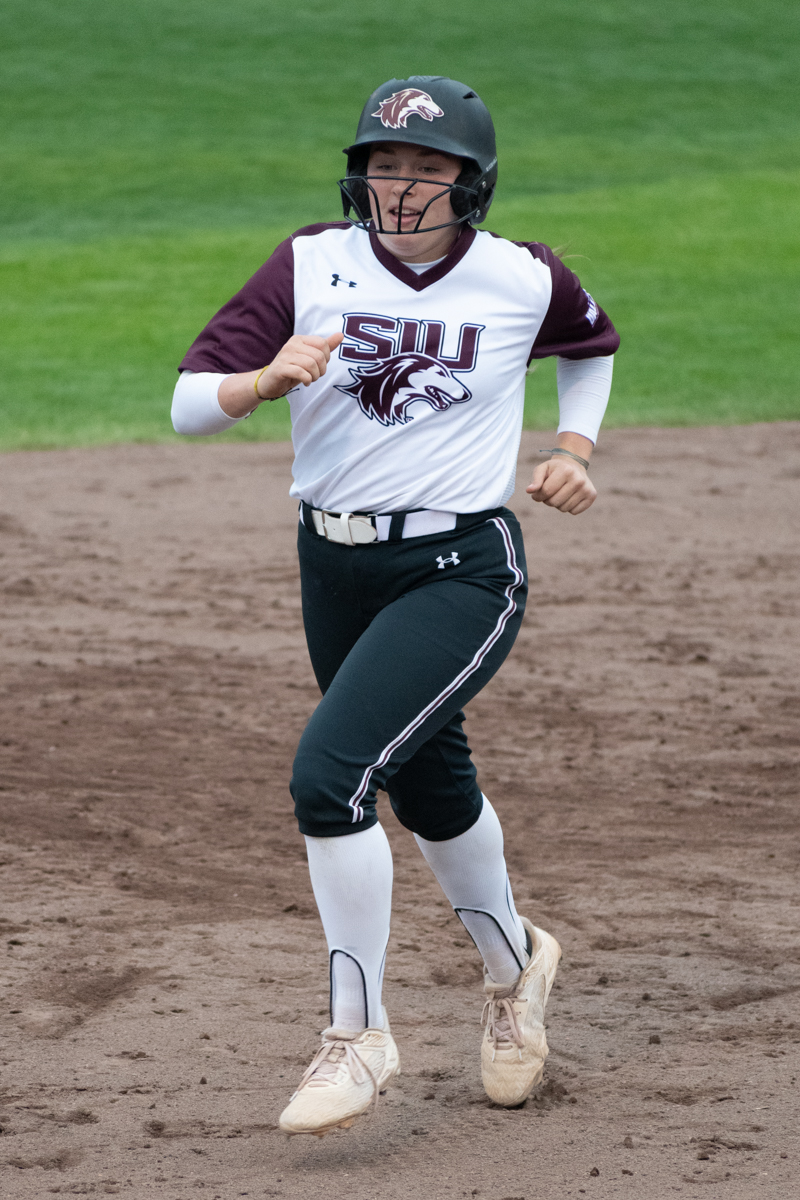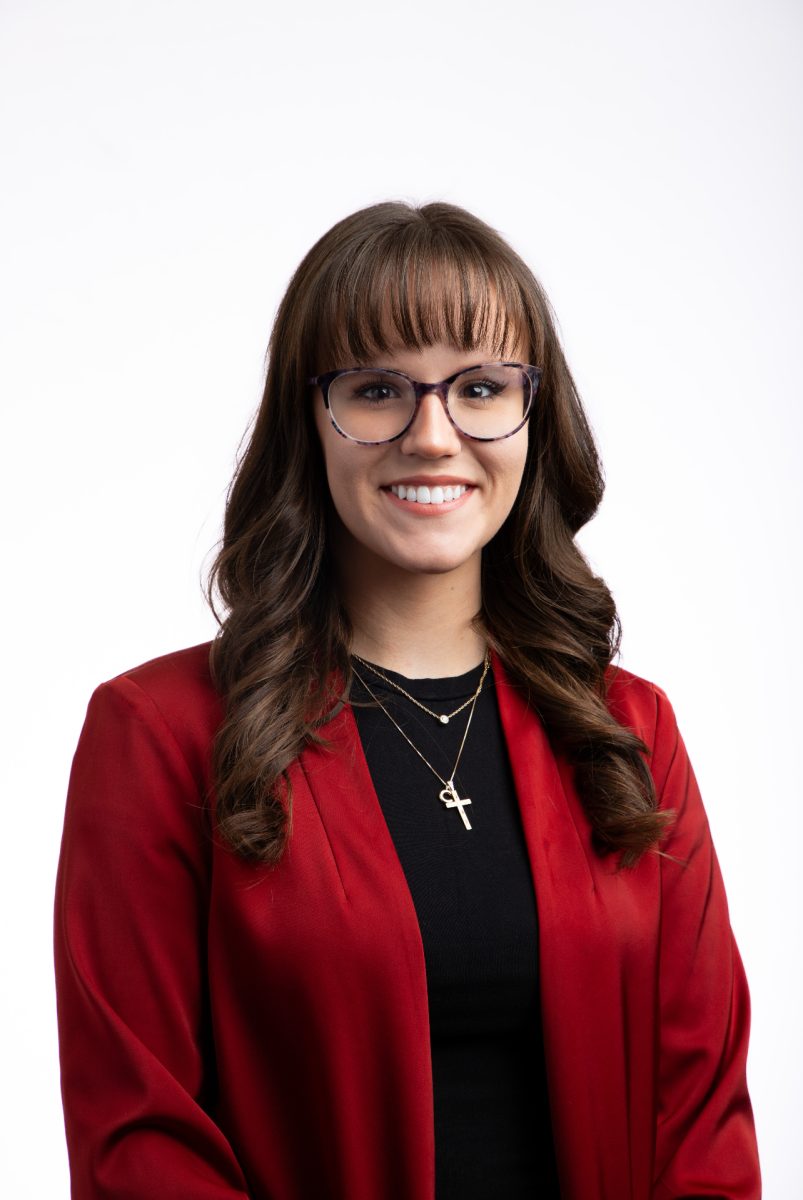Funding cuts could hurt public opinion research

March 29, 2015
Gov. Bruce Rauner’s proposed budget has resulted in low approval in public polls, according to a March survey done by the Paul Simon Public Policy Institute. If the nearly 32 percent budget decrease for higher education passes, the number of public polls could decrease as well.
The institute, which conducts research on public opinion polls, was one of roughly 25 non-academic departments that received a memo last week asking it to send the administration ramifications of a hypothetical 50 percent cut in state funding.
Judy Marshall, SIU’s executive director for finance, sent a memo to prepare for a meeting by the Executive Planning and Budget Committee on Monday. The committee, which advises President Randy Dunn, who took over chancellor duties after interim Chancellor Paul Sarvela died in November, will discuss the specifics of the proposals.
Advertisement
David Yepsen, director of the institute, said the organization provides internships and original research information that can be used by graduate students conducting research, and funds public speakers. He said it also serves civic education and helps students who want a career in public service.
“We’re not an academic unit, but we do academic things,” he said. “And we certainly support the academic mission. We try to bring good, diverse, interesting speakers to campus for students.”
About a third of the institute’s budget is provided by state appropriations, meaning 50 percent of those funds—$280,571—would be cut. Yepsen said the institute also gets proceeds from the university’s endowment.
Losing a significant chunk of the money that helps bring lecturers to campus would completely change the organization’s operation, he said.
“You can’t cut any living thing by a half or a third without either killing it or forcing it to morph into something else,” he said.
Staff layoffs, lost internships and a reduced number of speakers are all possible means to alleviate the diminished funding. Even polling, which is a regular practice of the institute, could be cut.
The students’ loss is twofold, Yepsen said. The obvious losses are the internships and hours spent on research, but other lost intangibles include the experience of seeing a politician or popular speaker on campus, which especially affects minority students.
Advertisement*
“I’m a big believer that students can’t be what they can’t see,” he said. “By bringing a diverse group of people to campus to speak—like a legislator who is African-American, or one who is Latino—we give students an opportunity to see people who they could emulate.”
Yepsen, former chief political writer of the Des Moines Register, said the losses would not only hurt the institute but the university as a whole.
The organization helped fund the appearance of author and futurist Michio Kaku, who will be on campus on April 22 as a part of the university’s distinguished speaker series. Instead of the institute helping foot the bill of expensive speakers, the university may have to ask academic units to help bring important people to campus.
Yepsen does not foresee a 50 percent cut in state funding and said it is just an exercise to illustrate the pressure Rauner’s proposed budget has put on universities.
“Lets just say it is only 25 percent—that’s still going to have a huge impact on non-academic units,” he said.
But what constitutes academic and non-academic is a question in Yepsen’s mind. He said the classic academic tools—classes, teachers and curriculum—may attract some students, but the out-of-classroom opportunities entice many students as well.
He said just talking about these issues can affect student enrollment in the future and the day-to-day operations of all people associated with the university.
“If you were not talking to me about this, you would be doing some other story and I would be doing something for my work,” he said. “People don’t think about it in those terms, but there is a cost to being distracted by this and I think everybody on campus will recognize what I’m saying is true.”
University spokeswoman Rae Goldsmith said more information could be available after Monday’s committee meeting.
Tyler Davis can be reached at tdavis@dailyegyptian.com
Sam Beard contributed to this report.
Advertisement








